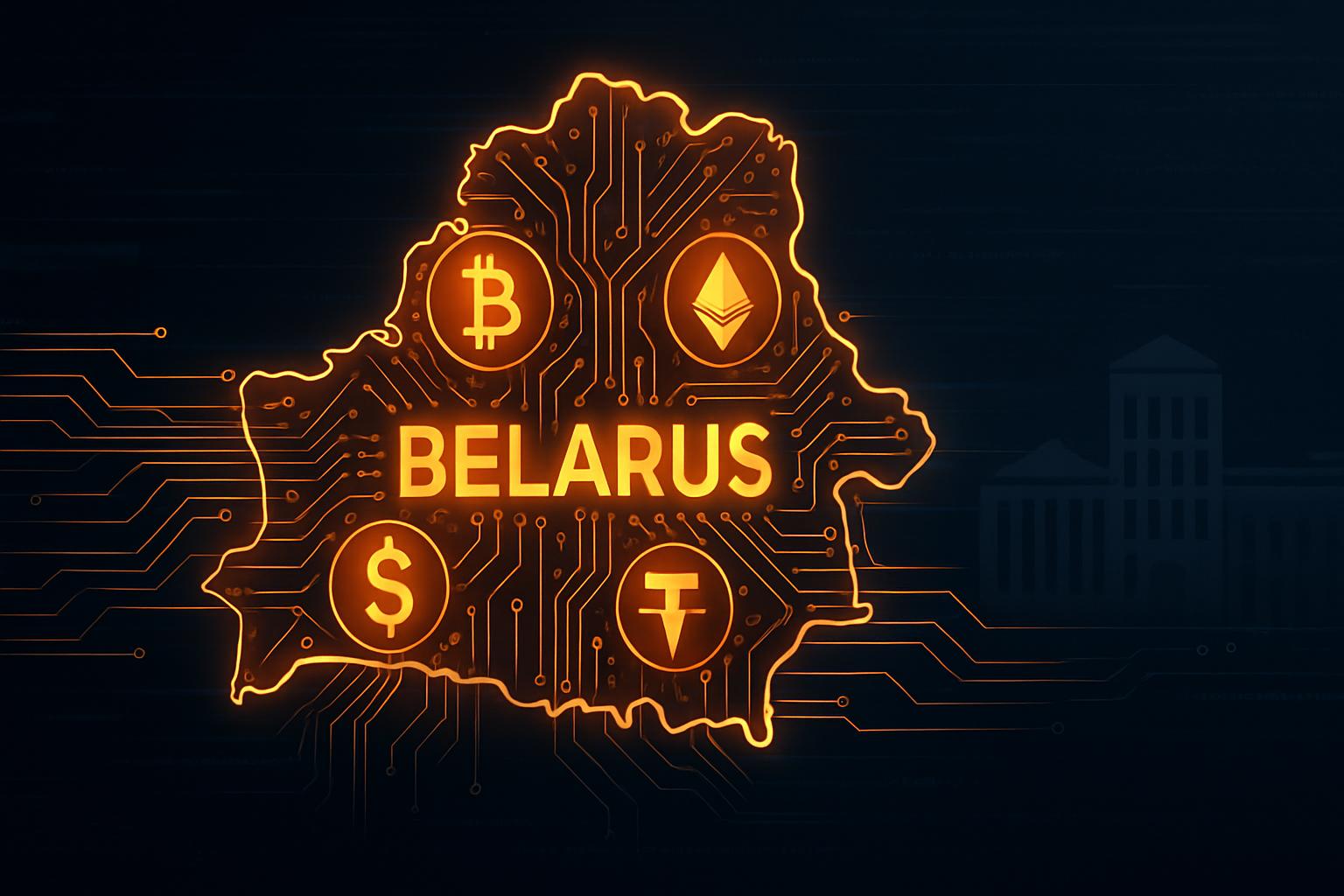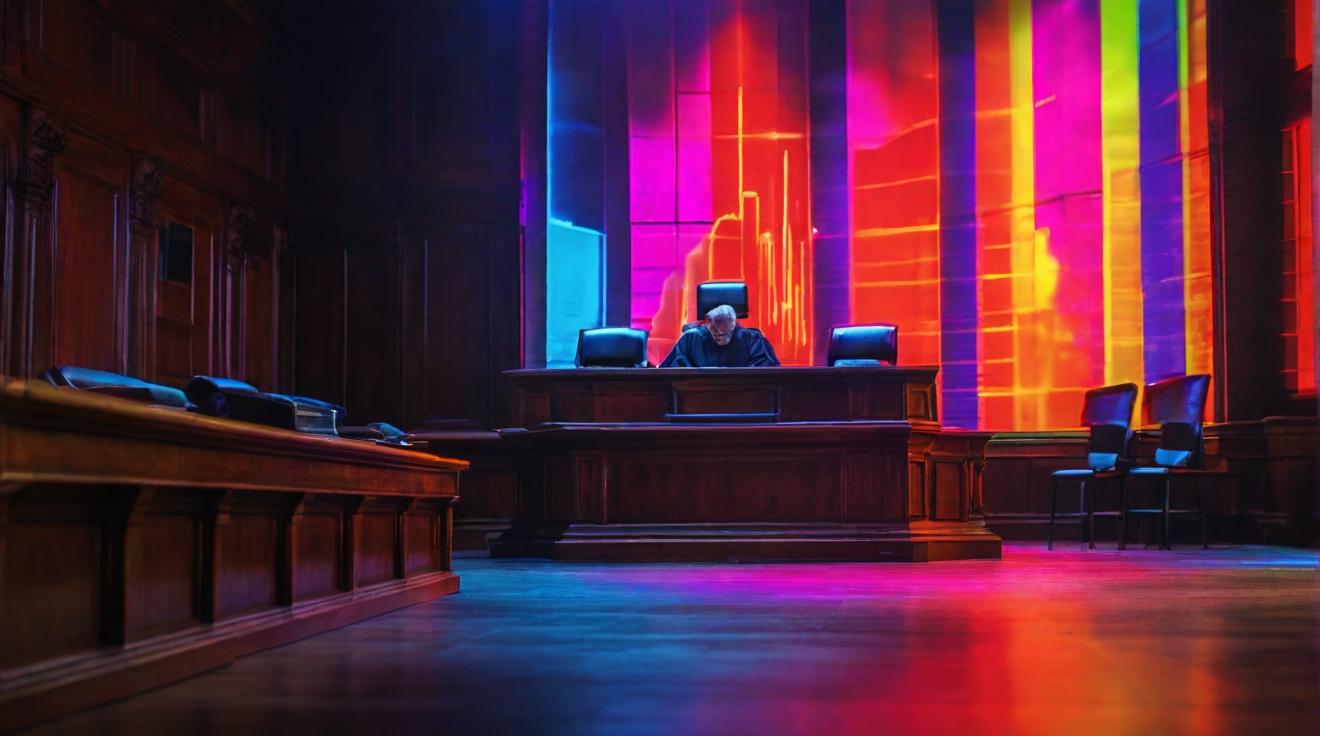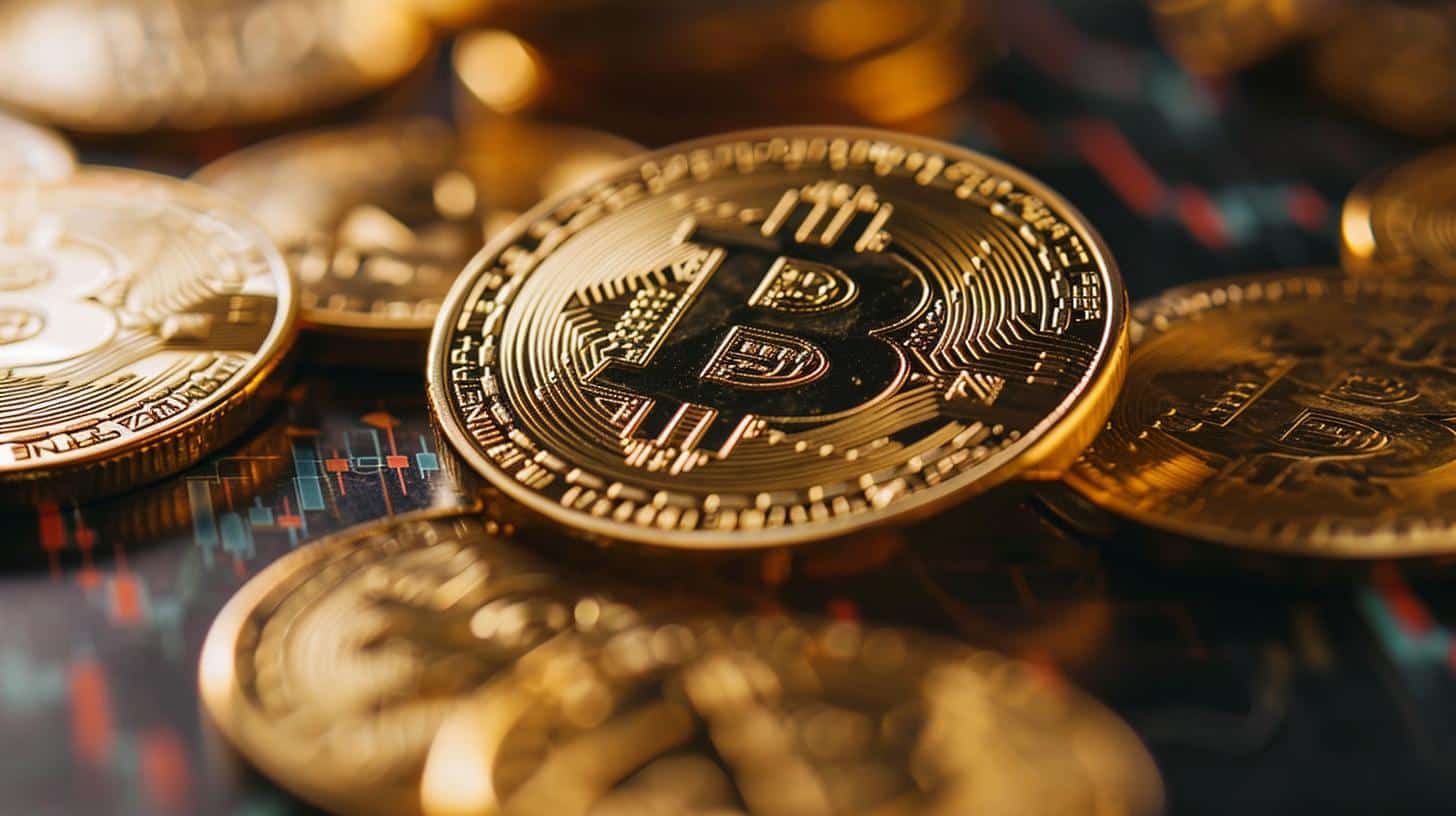Belarus Pushes for Transparent Cryptocurrency Regulations
Belarusian President Aleksandr Lukashenko has instructed lawmakers to establish clear and transparent regulations governing the country’s cryptocurrency market. Speaking at a recent government conference, Lukashenko emphasized the importance of Belarus aligning with global trends in digital finance.
Developing a Comprehensive Legal Framework
Lukashenko referred to Presidential Decree No. 80, issued earlier in 2023, which mandates the development of a national framework for regulating digital tokens and cryptocurrencies. He stressed that the state’s role is to define understandable rules and control mechanisms for this emerging sector, noting that it remains a novel area for Belarus.
Clarifying the Role of Government Bodies and Hi-Tech Park
The president highlighted the necessity to clearly delineate the responsibilities of government agencies and the state-supported IT special economic zone, the Hi-Tech Park, within the cryptocurrency industry. This follows earlier directives, including an order given in March for the energy ministry to develop the nation’s crypto mining sector.
“If mining is profitable and we have excess electricity, then we should pursue it,” Lukashenko stated, signaling the government’s interest in expanding crypto mining operations.
Balancing Innovation with Regulatory Control
Despite its interest in fostering the cryptocurrency industry, Belarus maintains a cautious stance toward the decentralized and permissionless aspects of crypto. In 2023, the Belarusian Ministry of Justice proposed amendments to prohibit peer-to-peer cryptocurrency transactions, reflecting concerns over unregulated trading.
This regulatory approach was formalized in September 2023 when Lukashenko signed Decree No. 367. The legislation bans individuals, including entrepreneurs registered in the Hi-Tech Park, from buying or selling cryptocurrencies outside of Belarusian crypto exchanges. The decree aims to ensure state oversight and promote a transparent and controlled circulation of digital tokens within the country.













